Our Blog
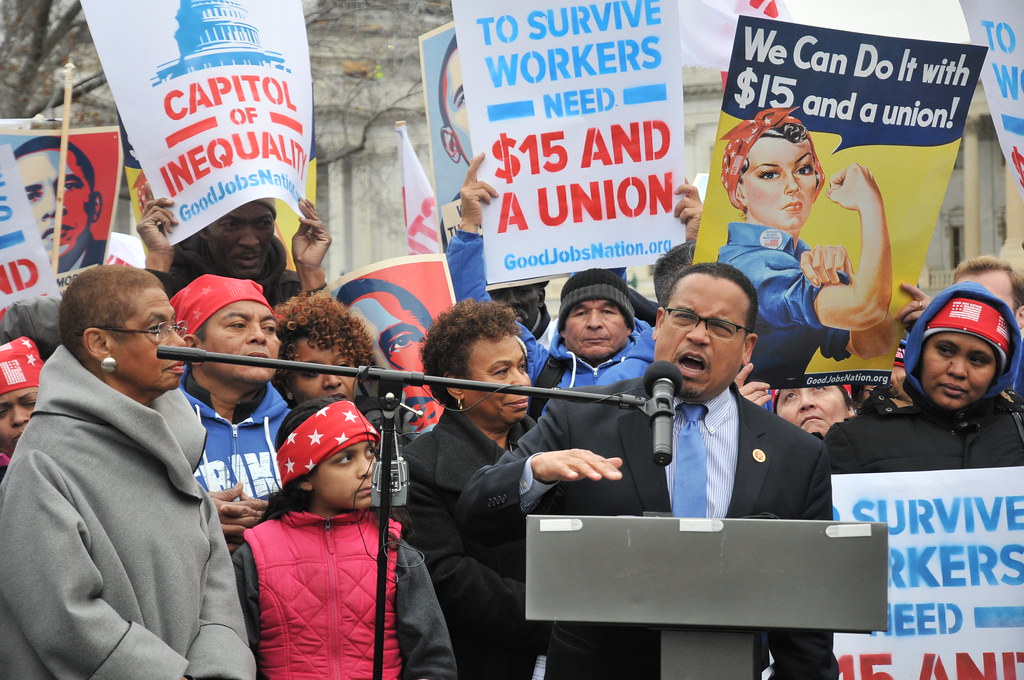
December 03, 2021
Active Revolving Door Between Government and Contracting Industry Could Threaten Reform
Officially speaking, the federal government employs just shy of 3.6 million people (2.2 in the civilian workforce and 1.4 in the military). In reality, however, the number of people whose paychecks originate with the federal government (through grants or service contracts) is much larger — around 12 million according to recent estimates. This workforce, and the contracts that sustain it, rarely get much attention in public discourse. Yet, the federal government’s power to set standards and direct funds through contracting is not an insignificant one. President Biden has begun to tap into those powers with directives to raise the minimum wage to $15/hour for federal contractors and institute a vaccine mandate for those same workers. These are strong first steps but they only scratch the surface of what is possible and what is needed to address the many problems that plague federal contracting. Fully harnessing that power, however, will likely require confronting a deep-seated problem: an active revolving door between the offices charged with granting and monitoring federal contracts and the companies that receive them.

December 02, 2021
Climate Finance Capacity Project: Commodity Futures Trading Commission
The Biden Administration was elected to office with an urgent mandate to change our current trajectory towards catastrophic climate change. Climate-focused financial regulation, or the regulation of markets to accurately account for climate risk and the social and material costs of climate-damaging activities, must be a part of this coordinated federal response in order to meaningfully address climate concerns at the governmental level. An agency that is particularly key to this goal is the Commodity Futures Trading Commission (CFTC). The CFTC is one of the smallest federal financial regulatory bodies and yet it is responsible for regulating one of the country’s largest markets, derivatives. While it was originally founded to regulate futures trading in commodities, the passage of the Dodd-Frank Wall Street Reform and Consumer Protection Act in 2010 expanded the CFTC’s mandate to include swaps markets and broadened the agency’s role in regulating other derivatives, in part due to their extreme volatility and outsized role in the 2008 financial crisis.
December 01, 2021 | Revolving Door Project Newsletter
Biden Team Overcomplicates Presidency
The end of Biden’s first year in office is fast approaching and the optimism that characterized its start is long gone. Supply chain problems, stalled legislation, a new COVID-19 variant, and nomination woes (both self-imposed and external) are all weighing on the collective national mood. Some are even starting to conclude that, regardless of what steps the administration takes in the coming year, Democrats are doomed to lose both houses of Congress next fall.
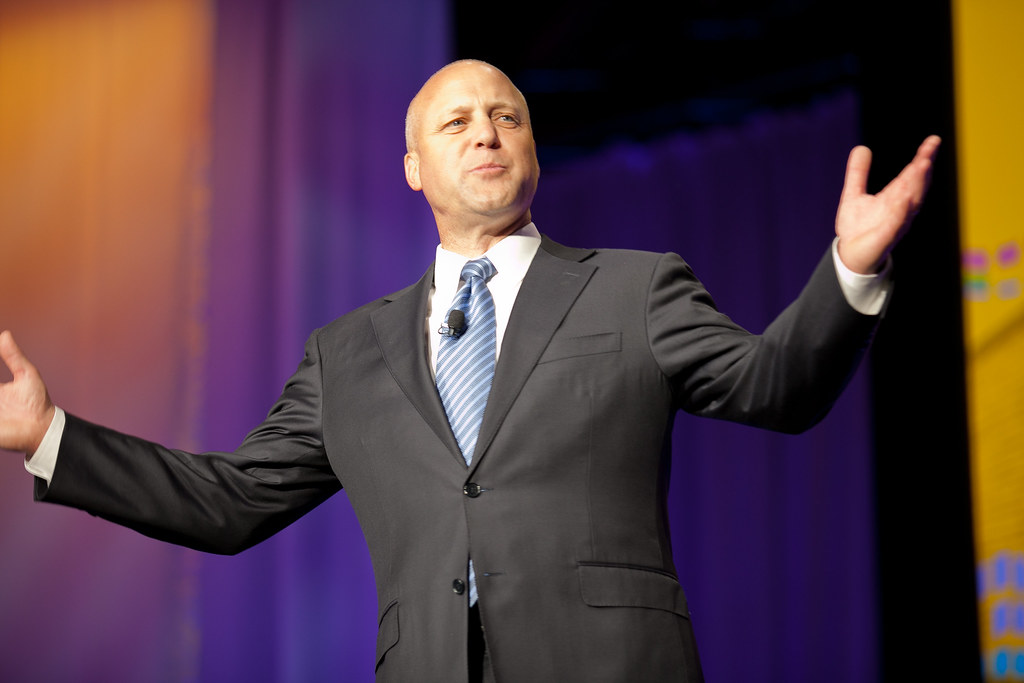
November 30, 2021
Fossil Fuel Loyalist Mitch Landrieu Is Biden's Pick To Manage $1.2 Trillion Infrastructure Bill
President Biden signed the elusive bipartisan infrastructure bill into law on November 15th. It’s just the first part of a planned two-part infrastructure push, the other being the Democrat-only Build Back Better Act which Joe Manchin and Kyrsten Sinema have slashed to pieces. Yet Biden keeps calling the bipartisan bill he signed a climate bill.

November 23, 2021
Press Release Corporate CrackdownDepartment of JusticeEthics in GovernmentExecutive BranchIndependent Agencies
Polling Finds Enormous Bipartisan Support For Crackdown On Corporate Lawbreaking
70 percent of Republicans, 70 percent of Independents, and 70 percent of Democrats surveyed believe the Biden administration should do more to hold lawbreaking corporations accountable.
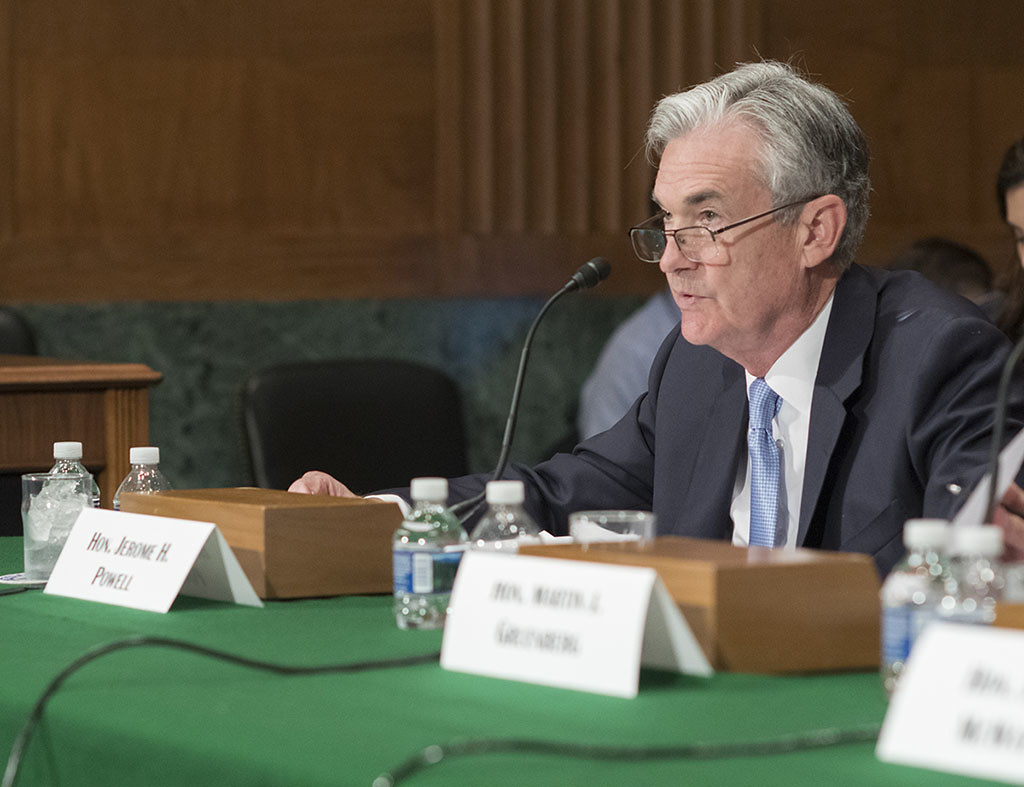
November 22, 2021
Press Release 2020 Election/TransitionClimateEthics in GovernmentFederal ReserveFinancial Regulation
RELEASE: Revolving Door Project Criticizes Biden For Choosing To Own Ethics Scandals And Deregulation By Renominating Powell
“We are extremely disappointed to see Biden renominate Jerome Powell as Chair of the Federal Reserve Board. Biden’s endorsement of Powell’s deregulatory agenda will greatly harm American families. Biden has an ambitious and urgent agenda on climate, financial stability, and addressing racial and economic inequality. Powell as Chair of the Federal Reserve will make it more difficult for Biden to ultimately be a successful president. Today is a win for the conventional wisdom and Establishment and a defeat for the planet and Joe Biden’s ultimate legacy.”
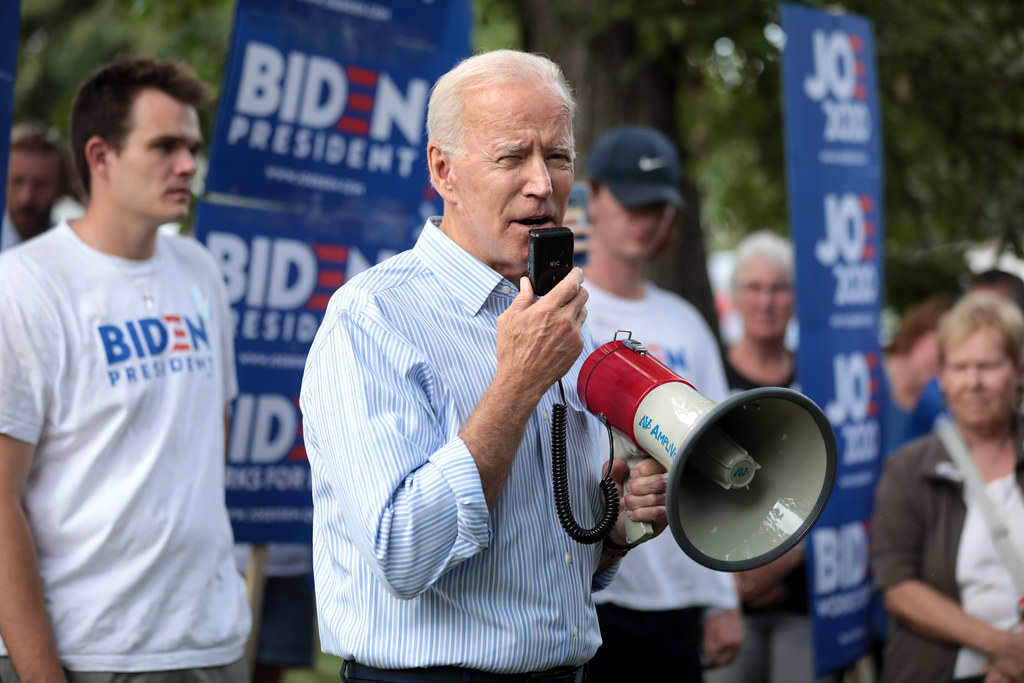
November 20, 2021
Attention Democrats: Make Corporations Your Enemies
Actual politics requires taking action against actual villains to solve problems, not the shrugging and cowering which elites persuade themselves is ‘savvy.’
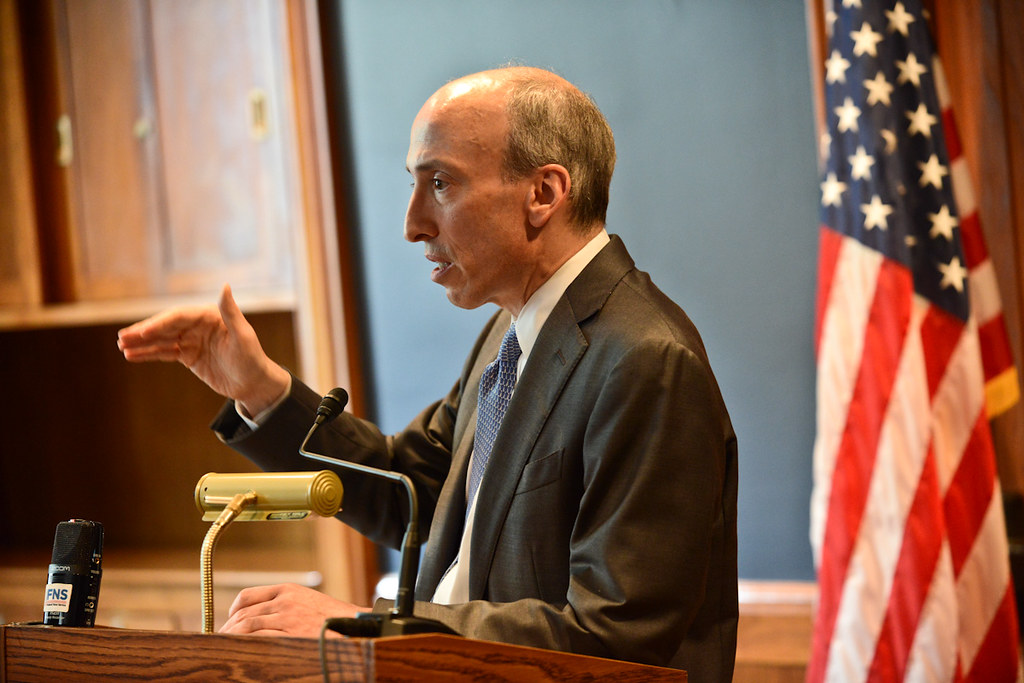
November 20, 2021 | The American Prospect
Gensler Punts In Fight Over Auditing Watchdog
Gensler appears to have backed down from a full fight with Republicans on the SEC and in Congress. This is likely because Gensler needs to pick his battles, of which there are many. But in times as dire as these, choosing to let certain grifts carry on as normal is an ominous call.
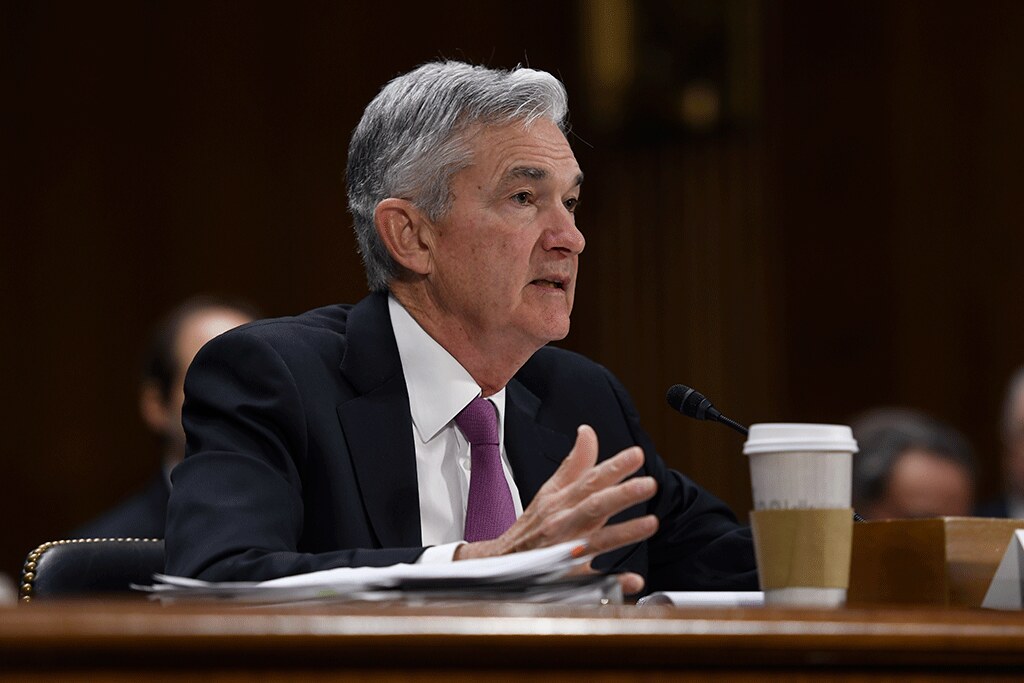
November 19, 2021
FOIA Response Suggests Fed's Powell Was Dishonest About Personal Ethics Signoff
An inquiry from the Revolving Door Project has revealed the absence of any records of any communications of any kind between Powell and the Office of Government Ethics,
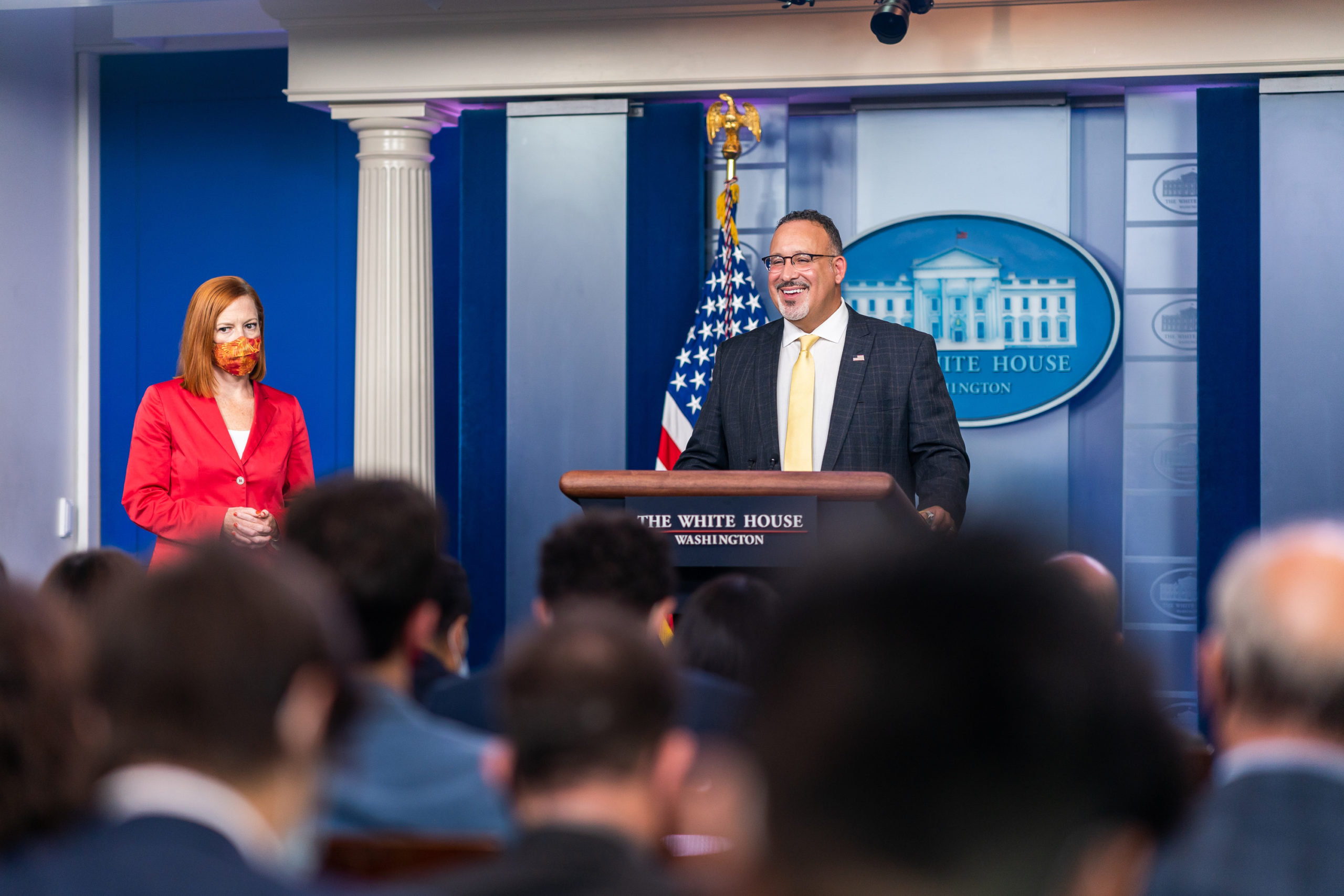
November 18, 2021 | The American Prospect
How Biden Can Protect Students From Predatory For-Profit Colleges
The Biden administration inherited a morass of understaffed and undermined federal agencies, weakened by the Trump administration. It makes sense that building back the government’s capacity would be an uphill battle for the Biden administration, with so many years of policymaking undermined by his predecessor. What doesn’t make sense is the jarring number of cases in which the administration is going out of its way, at considerable cost, to uphold Trump-era policies that go against Biden’s stated agenda and the public interest.

November 17, 2021
Newsletter ClimateDepartment of JusticeExecutive BranchFederal ReserveIndependent AgenciesTreasury Department
After Infrastructure Week
Congressional selfies and self-congratulations inaugurated the week, but a lot of hard work remains to translate the Infrastructure Investment and Jobs Act’s (IIJA) policies into real-life results. Given that those policies are (generously) middling and that the most promising ones are underfunded, turning these into winning programs will demand energy, creativity, competence, and a strong commitment to the public interest.

November 17, 2021
Revolver Spotlight: Charles Yi
Yi is the latest BigLaw revolver and corporate ally to join the Biden Administration.

November 16, 2021
Powell Held No Meetings With Labor, But Plenty With Wall Street, Through Biden Term
Powell did not meet with any non-governmental individuals who are not members of or aligned with the financial industry. This stands in stark contrast to Powell’s predecessor, Janet Yellen, who is now the Secretary of the Treasury.

November 10, 2021
A Fossil Fuel-Aligned Investment Executive Is Biden's Final Nominee to Manage Federal Retirement Funds
Harvard President Larry Bacow announced mid-afternoon on September 9th that the Ivy League university — whose 53.2 billion endowment exceeds the GDP of over 100 countries — would officially end its investments in fossil fuels. That announcement set off a domino reaction of divestment announcements from Dartmouth, the California State University system, Boston University, the University of Minnesota, the University of Toronto, the MacArthur Foundation, the Ford Foundation, the Netherlands’ largest pension fund, and hundreds of other groups. They appear to see the writing on the wall that fossil fuel investments, beyond being morally egregious, are also no longer profitable.

November 09, 2021
Brad Crabtree And The Dangerous Love Story Of Oil Production And Carbon Capture
The process of enhanced oil recovery that Crabtree champions is dangerous. Aside from the considerable economic and scientific barriers to scale, discussed below, the model of the CCT Crabtree supports rests on an unethical premise: that decarbonization should be profitable for Big Oil.
